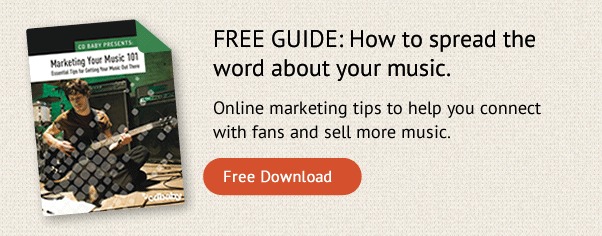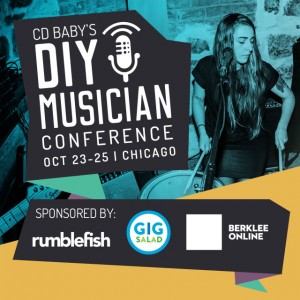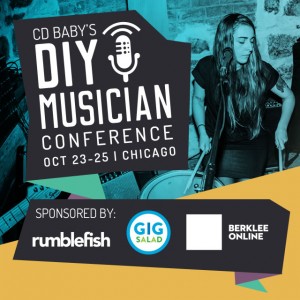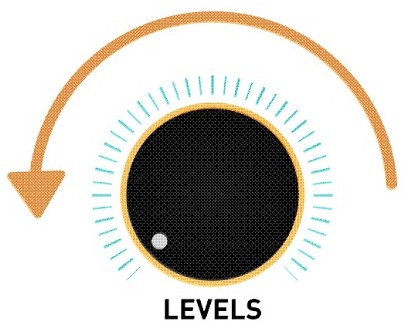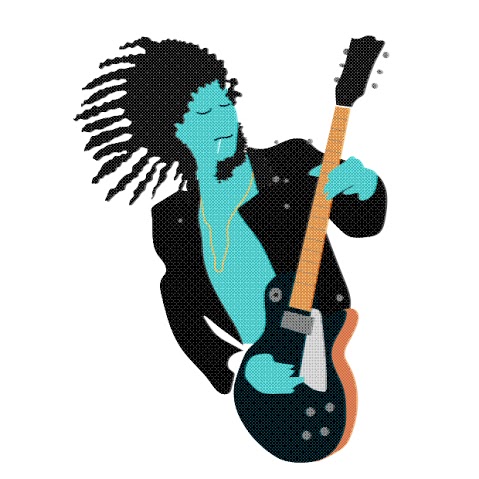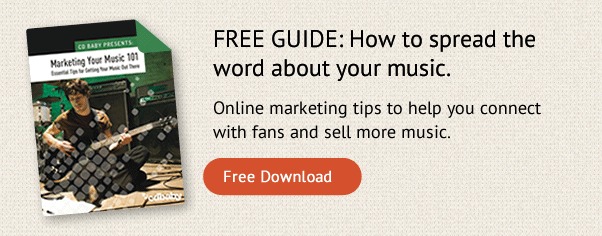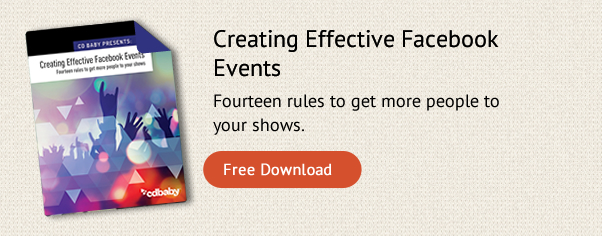How to keep the momentum going in your songwriting career
This article was written by Dave Kusek, founder of the New Artist Model, an online music business school for independent musicians, performers, recording artists, producers, managers, and songwriters. He is also the founder of Berklee Online, co-author of The Future of Music book, and a member of the team who brought midi to the market.]
Songwriting can be extremely fulfilling. The feeling you get when you hear someone humming your song is like nothing else. However, on the flip side of that, it can be discouraging when your songs don’t get the attention you think they deserve, or when you don’t see the kind of growth in your career that you’d like. These kinds of setbacks can feel like personal blows to our creativity, but there are some things you can be doing to keep the momentum going and turn that negativity into progress.
If you want even more tips to improve your songwriting, you can sign up for free video lessons here. You’ll learn easy tips to take your lyrics and melodies to the next level as well as music business strategies to start growing a fanbase around your songs.
Don’t Take it Personally
Sometimes a song you absolutely love won’t make as big a wave as you thought. Maybe it’s about a big moment in your life, a strong connection you felt, or a relationship you had with someone. To you, that song means everything, but other people may just not be able to relate to it, and that’s fine.
The key is to not get overly attached. Don’t take it as a personal offense if an audience didn’t relate to your song. They aren’t uninterested out of spite for you, or because your song is bad. More often than not, it’s just because they haven’t experienced the emotion or event you’re trying to describe with your song – the connection just isn’t there.
Instead, treat it as a learning process and use it as an opportunity to try to improve your writing. Think about how you can convey the same emotion in a way that a lot of people can relate to. If you’ve never lost a mother or father, you won’t be able to relate to a song about such a specific topic. But loss is something everyone has experienced, so if you make your song a little more general, you may be able to relate to a larger audience.
That being said don’t feel like you need to change your songs to get more fans or attention. Songwriting should always be a personal thing for you. But do keep in mind that any song is a conversation. You convey your thoughts and emotions and your audience places it in context of their own lives and experiences.
Set Goals for Yourself
Songwriting is an inherently creative process, and as a result, we tend to go with the flow of inspiration when it comes to writing and our songwriting career. While random inspiration will always play a big part in your songwriting, you should try to institute some kind of structure, and goals are a great way to keep yourself moving forward.
In your writing, try setting goals for how many songs you will write each week. Some songwriters have challenged themselves to write a song per day or per week, while others will set aside 1 hour each day to write, whether they are inspired or not. Getting yourself in this kind of schedule helps to break down the barrier that lack of inspiration presents. After a while, you’ll be able to find your own inspiration at any time.
You should also be setting goals for your career. Try to have an idea of where you want your songwriting to take you. Do you want to write songs for recording artists and spend most of your career behind the scenes? Do you want to be on stage conveying your songs directly to your fans? Or do you want songwriting to be a hobby that you keep to yourself?
Depending on where you see yourself, there are steps you can be taking to move yourself closer to that goal. If you want to write for other people, practice writing about all different kinds of topics and in all different styles. If you want to be the front man, you should work on finding other musicians and getting a band together.
Of course, there are plenty more ways to take your songwriting to the next level, and I’m sharing a lot of tips and techniques in this free video series. You’ll learn how to take your lyrics and melodies to the next level and also how to protect your songs and start growing a fanbase around your music.
If you’re ready to take the next step in your songwriting, check out the Songwriters Kickstart online course. As you can see, songwriting is about writing great songs and sharing those songs with the world, so the Songwriters Kickstart program will teach you both songwriting and music business strategies and techniques so you can feel truly fulfilled as a writer.
[Image via Ashley Webb on Flickr.]
The post How to keep the momentum going in your songwriting career appeared first on DIY Musician Blog.
Source: Musician Resources


